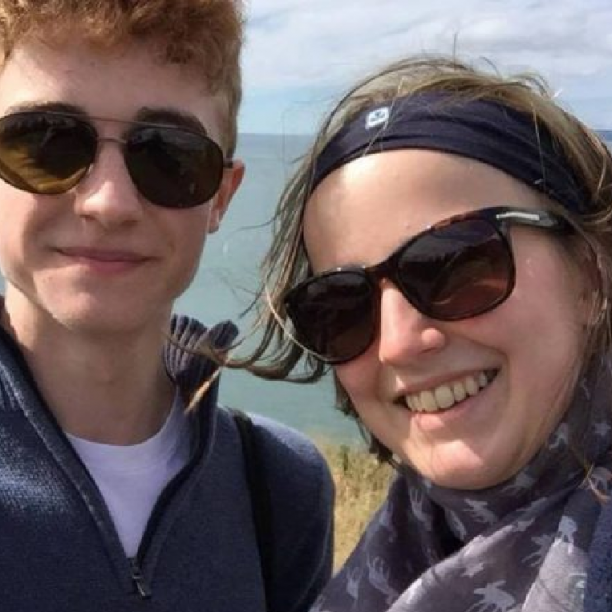
King’s students grade Halifax on climate change
Halifax receives low grades on climate action plan, renewable resources and carbon removal programs
Two students from the University of King’s College are giving Halifax a C+ for the city’s work on climate change.
First-year students Lilian Barraclough and Cameron Yetman started collecting data this fall to generate a climate change report card for Halifax as part of a campaign called iMatter Now.
iMatter Now was started in the United States by a teen who wanted to do more than just talk about climate change. It’s now an international organization led by teams of young people in cities across North America. They evaluate a city’s action on climate change by producing a report card, and then work with municipalities to improve their track record.
Lilian Barraclough is no stranger to talking about climate change. A few years ago, she was trained as a climate change communicator. From there, Barraclough got involved with the iMatter Now campaign in Toronto. When she moved to Halifax in the fall, she brought the campaign with her.
Cameron Yetman heard about the program from Barraclough.
“To me, climate change is the issue that is defining the current era, because if it takes hold in its worst effects, everything else kind of crumbles after it.”
“There are incredible things on our planet, and incredible natural views and aspects that I don’t want future generations to lose,” Barraclough said. “I don’t want to have to think that maybe people won’t have the chance to experience those.”
Barraclough and Yetman said the data collection for Halifax involved many phone calls to members of the municipal council as well as city staff members, and took them about two months to complete. They collected information about the city’s climate change action plan, renewable energy input and waste management.
Once they had all the data, it was a matter of entering it into software that compares the city’s data to what an ideal carbon-neutral city would look like.
The framework assumes a temperature increase kept below two degrees Celsius, and is based on the climate science of NASA’s Dr James Hansen.
The report card considers questions such as: does the city’s action plan state a commitment to achieve zero emissions? An 80 per cent reduction by 2050? What portion of the city’s energy use is covered by renewable sources?
Halifax’s report card:
Climate action plan: C-
Renewable resources: C+
Carbon removal programs: C
Waste management: A+
“Because people grow up with grades in school, it’s a metric that everyone can understand,” Yetman said. “So by giving Halifax a C+, and other cities different grades, it’s an accountability tool that people can wrap their heads around.”
“It’s coming from youth who are still in the school system and getting grades,” Barraclough added, “this is what you’ve been giving us all these years. We’re going to give it back to you, on something that’s going to affect our futures.”
The next step for the Halifax chapter of iMatter Now is a presentation to the city’s Environment and Sustainability Committee.
“After the report card is presented the idea is that we work with the council and the environment committee to push a climate resolution to say that they will go carbon zero by 2040,” Yetman said. Ideally, they hope to have this turned into a city by-law.
The presentation will take place on Thursday Feb. 2 at 1 p.m. at City Hall.
Mira Chiasson is writing in partnership with the Dalhousie Gazette and the Dalhousie Student Union Sustainability Office (DSUSO).






